Jafar Ebrahimi, a dedicated teacher and member of the Iranian Teachers' Union, was transferred on September 3 from Tehran’s Evin prison to Ghezelhesar prison in Karaj, near Tehran, alongside several other political prisoners.
Prior to this transfer, he was suffering multiple ailments that posed a significant threat to his health.
This report sheds light on the plight of this activist and the other prisoners who are enduring dire conditions in Ghezelhesar prison.
***
"Jafar Ebrahimi is not only a union activist but also an educator with over 20 years of teaching experience,” teachers' union activist Shiva Ameli-Rad told IranWire. “He dedicated his time working in the marginalized areas of southern Tehran. Among his students, there were many Afghan immigrants and individuals who had relocated to the outskirts of Tehran due to unemployment crises and environmental issues in other provinces."
"As a teacher, he had a profound connection with these immigrant children and was an advocate for children's rights. He was an active member of the Yari Association, which supported children unable to attend school for various reasons," Ameli-Rad added.
After Ebrahimi's arrest on April 30, 2022, he endured prolonged periods of solitary confinement before being transferred to the general ward of Evin prison, according to the activist.
During this time, Ebrahimi's health deteriorated significantly. And over the past few months, he has not received any effective medical treatment.
According to medics, he requires specialized care, including daily tests.
Ebrahimi was transferred to a hospital last year due to his deteriorating health but was returned to prison after two days, Ameli-Rad said.
She explained that Ebrahimi has been grappling with digestive issues since 2009 – problems that likely exacerbated in prison due to stress and inadequate nutrition.
"Jafar Ebrahimi has regularly visited the prison’s health center, where the doctor prescribed medication that severely compromised his immune system. As a result, his body has become vulnerable to other illnesses," Ameli-Rad said.
In recent months, Ebrahimi has been diagnosed with high blood sugar and diabetes, and his vision has significantly deteriorated.
Transfer to Qezelhesar Prison: A Gruesome Ordeal
Two weeks ago, Ebrahimi and other prisoners refused to use Ward 4’s telephone for three consecutive days to protest the exorbitant costs, surveillance and frequent call disconnections.
"During those three days, Jafar lost consciousness due to his declining health and had to receive treatment. His forensic report explicitly mentions that he cannot endure further punishment due to the progression of his illness and that he should be granted the right to medical leave and treatment," Ameli-Rad said.
In Ghezelhesar prison, the inmates were accommodated in cramped cells housing up to four men each. Initially, they did not receive meals from the prison. However, on the second day, some Sunni prisoners on death row offered them food items such as biscuits, cakes and cheese.
"Over the past three days, they have not received these supplies and resorted to a hunger strike. This is not a hunger strike they decided upon arbitrarily," Ameli-Rad said.
"Aside from the lack of access to food and telephones, they are also devoid of proper sleeping accommodations. Their cells are extremely small, and they would prefer to return to Evin's solitary cells 240 and 209," she continued.
visit the accountability section
In this section of Iran Wire, you can contact the officials and launch your campaign for various problems





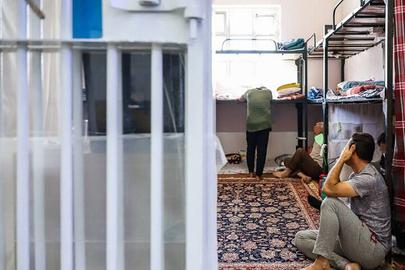





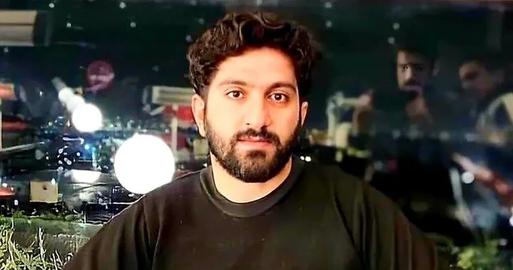

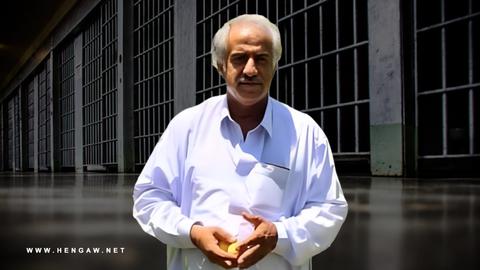

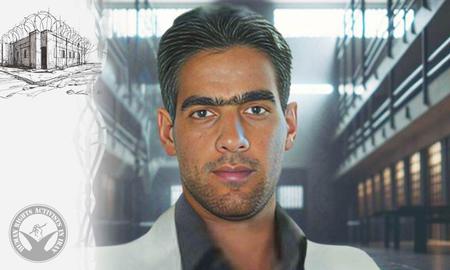


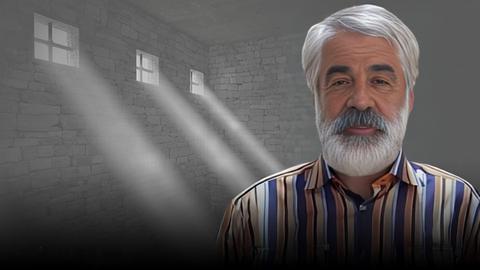






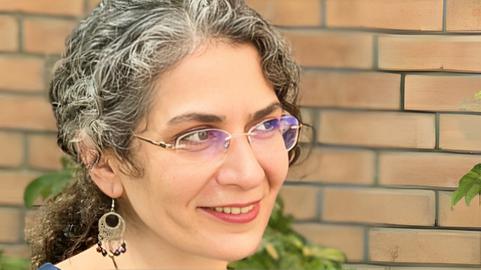
comments